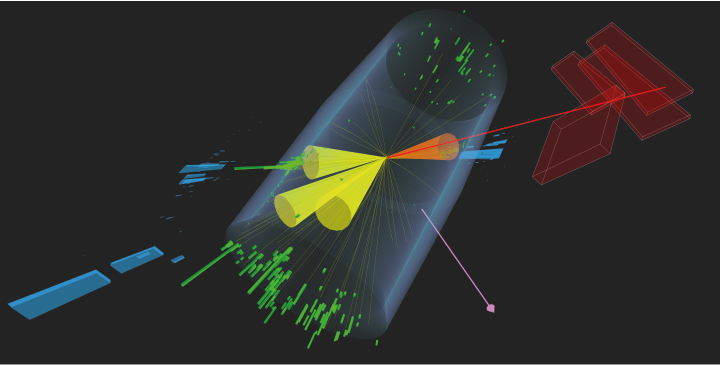Speaker
Description
Measurements of the cosmological parameter $S_8$ provided by cosmic microwave background and large scale structure data reveal some tension between them, suggesting that the clustering features of matter in these early and late cosmological tracers could be different. In this work, we use a supervised learning method designed to solve Bayesian approach to regression, known as Gaussian Processes regression, to quantify the cosmic evolution of $S_8$ up to $z \sim 1.5$. For this, we propose a novel approach to find firstly the evolution of the function $\sigma _8(z)$, then we find the function $S_8(z)$. As a sub-product we obtain a minimal cosmological model-dependent $\sigma _8 (z=0)$ and $S_8 (z=0)$ estimates. We select independent data measurements of the growth rate f(z) and of f \sigma _8 according to criteria of non-correlated data, then we perform the Gaussian reconstruction of these data sets to obtain the cosmic evolution of $\sigma _8(z)$, $S_8(z)$, and the growth index $\gamma (z)$. Our statistical analyses show that $S_8(z)$ is compatible with Planck $\Lambda$CDM cosmology; when evaluated at the present time we find $\sigma _8(z=0) = 0.766 \pm 0.116 \sigma$ and $S_8(z=0) = 0.732 \pm 0.115 \sigma$. Applying our methodology to the growth index, we find $\gamma (z=0) = 0.465 \pm 0.140$. Moreover, we compare our results with others recently obtained in the literature. In none of these functions, i.e. $\sigma _8(z)$, $S_8(z)$, and $\gamma (z)$, do we find significant deviations from the standard cosmology predictions.

